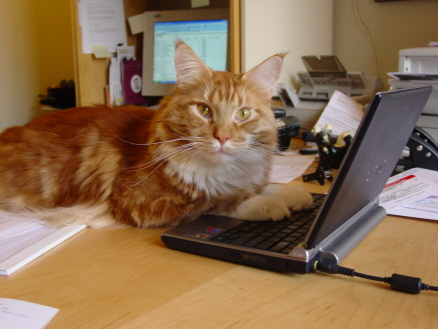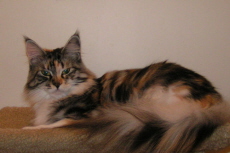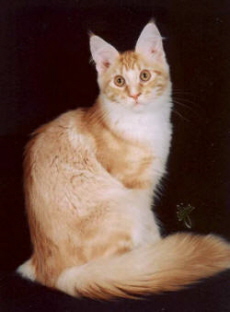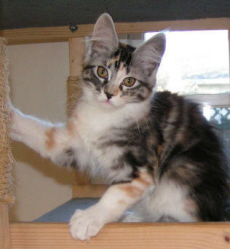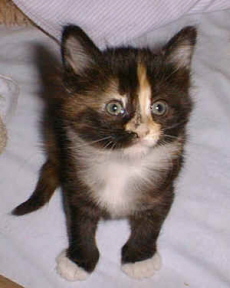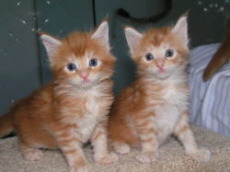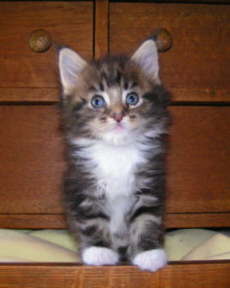A controlled study of litters and their fathers at Cambridge University supports our observation. The study found that although the kittens had never met or observed their fathers, the friendliest kittens were those from the friendly father. In fact, in each litter the kittens exhibited the same type of temperament as the father even though they had never met him. The study concluded that the only way this seemed possible was if their behavior was inherited genetically from their father.
However, the Cambridge University study suggests that though genetics plays a part in early development, the personality is shaped throughout its life by many other factors including socialization and environment. Thus, while a kitten inherits aspects of its father's temperament, that won't necessarily contribute much to its adult personality.
Reference: S McCune (1998), "The Impact of Paternity and Early Socialization on the Development of Cats' Behavior to People and Novel Objects. Applied Animal Behavior Science."
|
